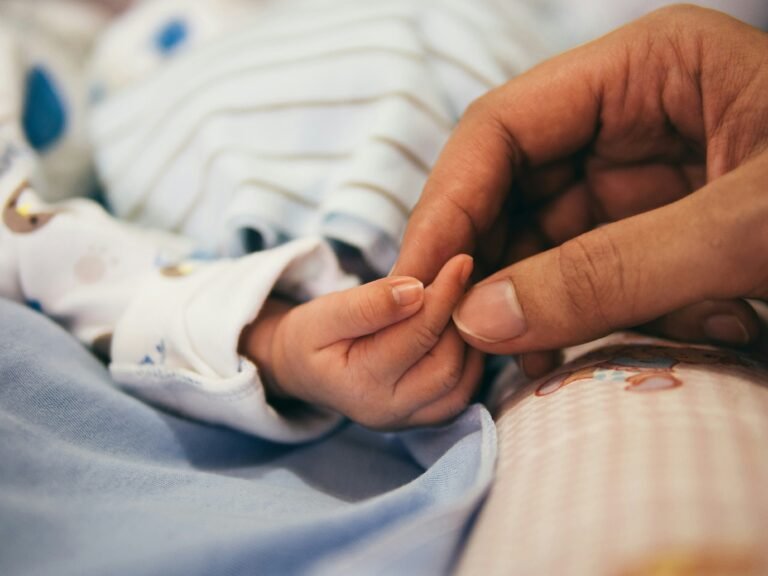The Financial Timeline of IVF: What You’ll Pay and When
Understanding the financial timeline of IVF can help you avoid unexpected bills and budget more effectively. IVF isn’t a single expense but a series of costs that unfold over weeks and sometimes months. In this blog, we outline what you’ll likely pay, when you’ll pay it, and how to stay financially prepared throughout treatment.
Most IVF journeys begin with a consultation. This initial meeting with a fertility consultant costs between £200 and £350, usually paid upfront at the time of booking. Within days or weeks, fertility tests such as hormone panels, AMH levels, and semen analysis follow, costing an additional £200 to £500.
If treatment proceeds, you’ll likely pay a deposit to reserve your IVF cycle. This can range from £500 to £1,000 and is usually due two to four weeks before the cycle begins. It’s often non-refundable.
Next comes medication. Some clinics require full pre-payment, while others allow staged billing. Ovarian stimulation drugs typically cost £1,000 to £2,000 and are paid before the stimulation phase starts. Trigger shots and post-transfer progesterone add £200 to £400 and are paid mid-cycle.
Then there’s the main treatment phase: egg collection, fertilisation, embryo culture, and transfer. These procedures are typically billed together and cost £3,000 to £5,000. Payment is often required just before egg collection or in full at the start of the cycle.
If you choose embryo freezing, you’ll pay around £400 to £600 for the procedure and £300 to £500 annually for storage. These charges are usually invoiced shortly after the embryo transfer.
Additional charges for ICSI, PGT-A, time-lapse imaging, or other add-ons are billed separately. These costs can arise mid-cycle or during the embryo development phase, so you’ll need to be prepared to approve and pay quickly.
Finally, follow-up care and pregnancy testing typically cost £100 to £250. If the cycle is unsuccessful, you may incur fees for review consultations and planning another cycle. These might not be included in original pricing.
To summarise, the IVF financial timeline looks something like this:
- Weeks 1–2: Consultation and testing (£400–£800)
- Weeks 3–5: Cycle booking and deposit (£500–£1,000)
- Week 6+: Medication costs (£1,000–£2,000 upfront)
- Treatment Week: Main IVF procedures (£3,000–£5,000)
- Post-treatment: Embryo freezing/storage, follow-ups, add-ons (£500–£1,000+)
Real-life example: Tom and Rachel spaced their IVF payments across 8 weeks. Their clinic allowed staged billing, which helped them manage cash flow without taking on debt. They used a spreadsheet to plan out every stage and prepare for optional costs like freezing and ICSI.
IVF costs unfold gradually but quickly. Knowing when each payment is due helps you avoid financial surprises and stay in control. Always ask your clinic for a staged billing outline so you can prepare accordingly.






